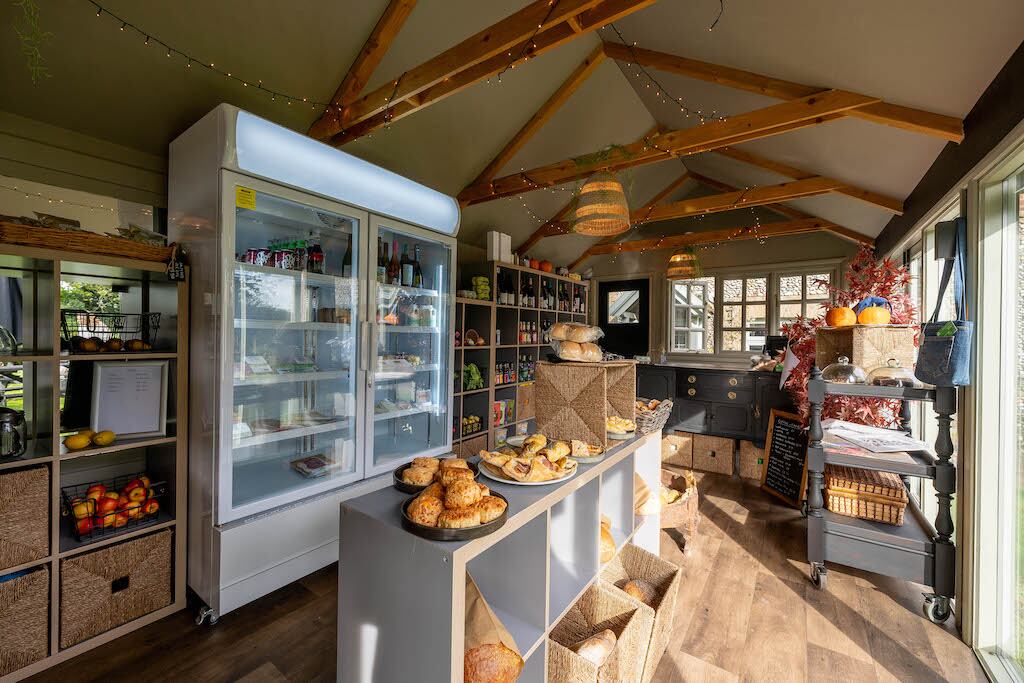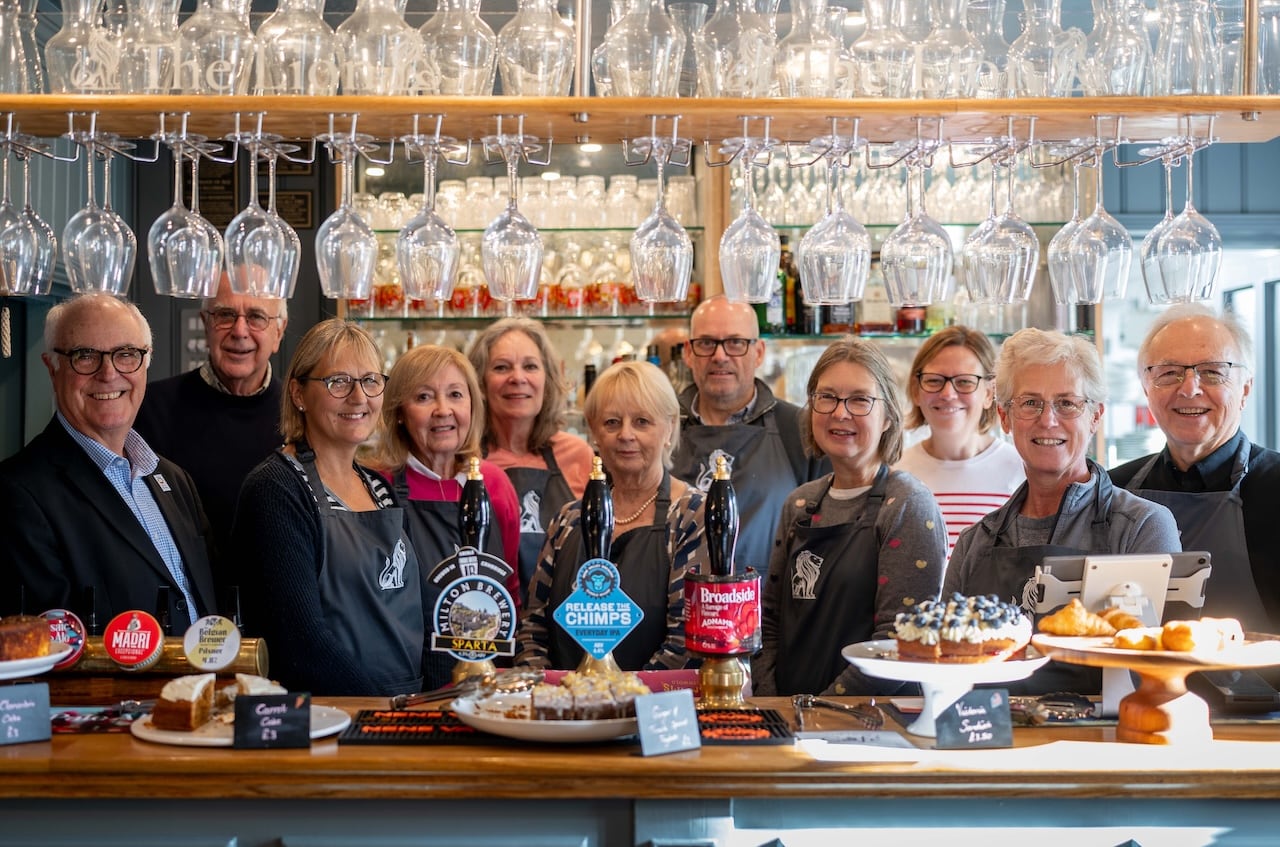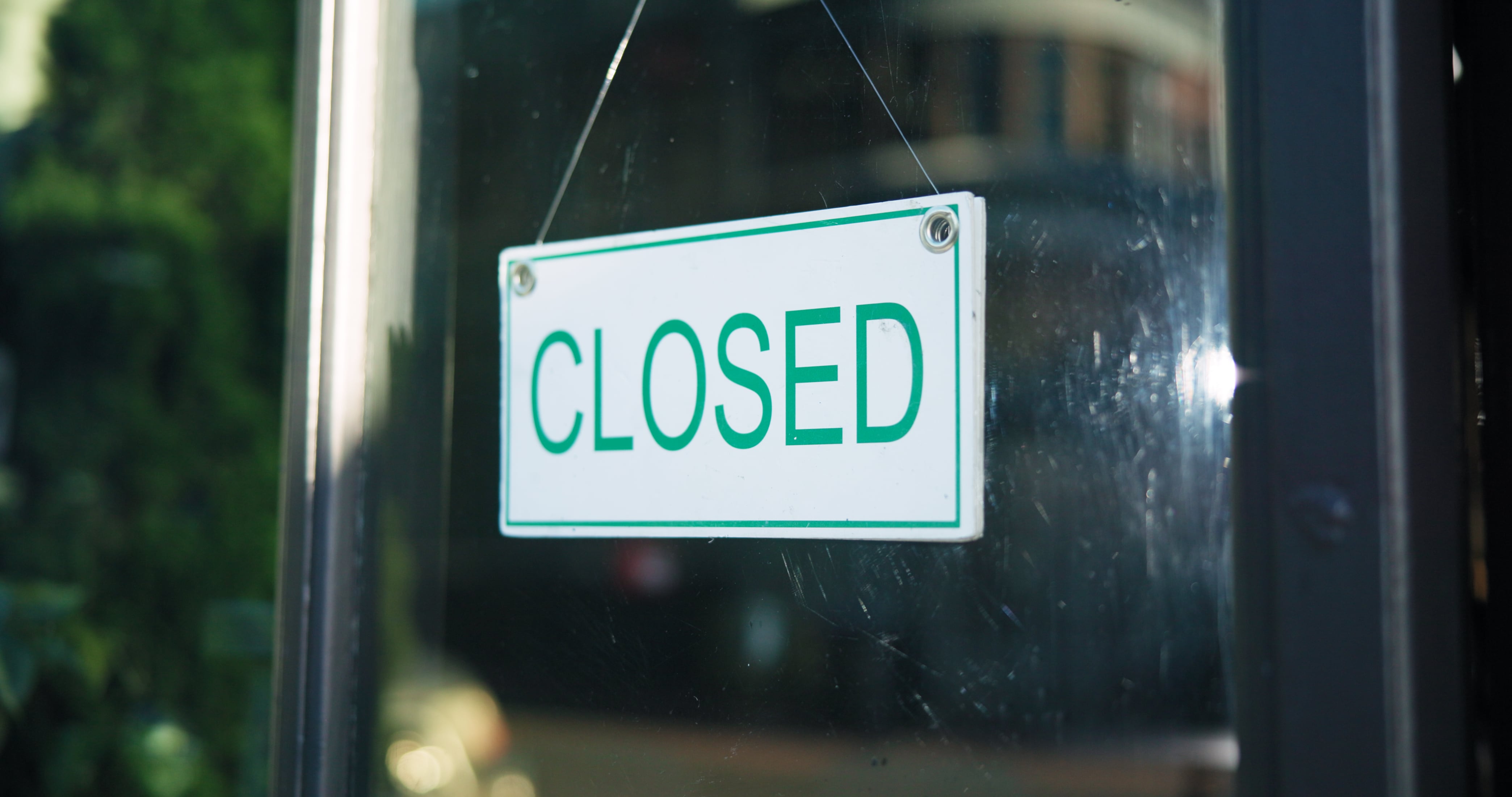A thought-provoking intervention from Heineken boss Dolf van den Brink earlier this week on beer’s qualities as a social lubricant.
In an era of loneliness and a mental health epidemic, the pub and beer sector’s role in bringing people together is “important to make part of the public debate”, he said.
It’s a line of reasoning many licensed operators will sympathise with, and one that came up frequently during lockdown - a time when the damage of social isolation came poignantly into focus, when face-to-face connections found in the third space of a pub or bar were intensely missed.
Yet it’s an argument that’s feels almost taboo in the current climate, as the public health lobby gains influence and hardens its stance against alcohol.
Conversation nuance
Anyone that works in the trade knows of the harms and is trained to deal with the consequences of drinking to excess.
Though even moderate consumption now seems to be coming under fire. He may have a vested interest, but Van den Brink makes a good point that there needs to be more nuance in this conversation.
No, the sector cannot bury its head in the sand over alcohol abuse, but this must be in the context of a rounded debate that acknowledges the profound social value of pubs as a community hub, particular for those who live alone - not to mention the long tradition, the culture and the great joy people take in drinking beer.
It shouldn’t need to be said, but people should be free to make the trade-off and enjoy a few pints with friends if this makes them happy, without being hectored by the WHO that there is no safe amount of alcohol.
The current Government might claim to recognise the value of pubs and beer, and Keir Starmer is known to enjoy a pint himself.
Unintended consequences
But its policies have repeatedly failed to show any insight or understanding of the challenges of running a hospitality business, with Labour appearing more ideologically inclined towards the health lobby and neo-temperance movement.
And as is so often the case, Government policies designed to raise tax and influence behaviour often have unintended consequences.
As Sir Tim Martin often reminds us, the VAT discrepancy between pubs and supermarkets has led to more people staying in and drinking at home, in a potentially more isolating, unhealthy way.
It’s well documented the Government’s taxes on employment have stymied growth and investment and led directly to fewer job opportunities for young people.
Another mismatch between supposed intention and outcome is in the forthcoming changes to the inheritance tax.
Centuries-old family brewers and regional pub operators are being faced with the prospect of being forced to sell up due to punitive business property relief changes.
This is only likely lead one way: a wiping out of regional heritage and character as large corporates swoop in, and a materially worse, less dynamic, more homogenised pub and brewing sector. Be careful what you wish for.
- This article was first reported in The Morning Advertiser‘s sister title MCA.




